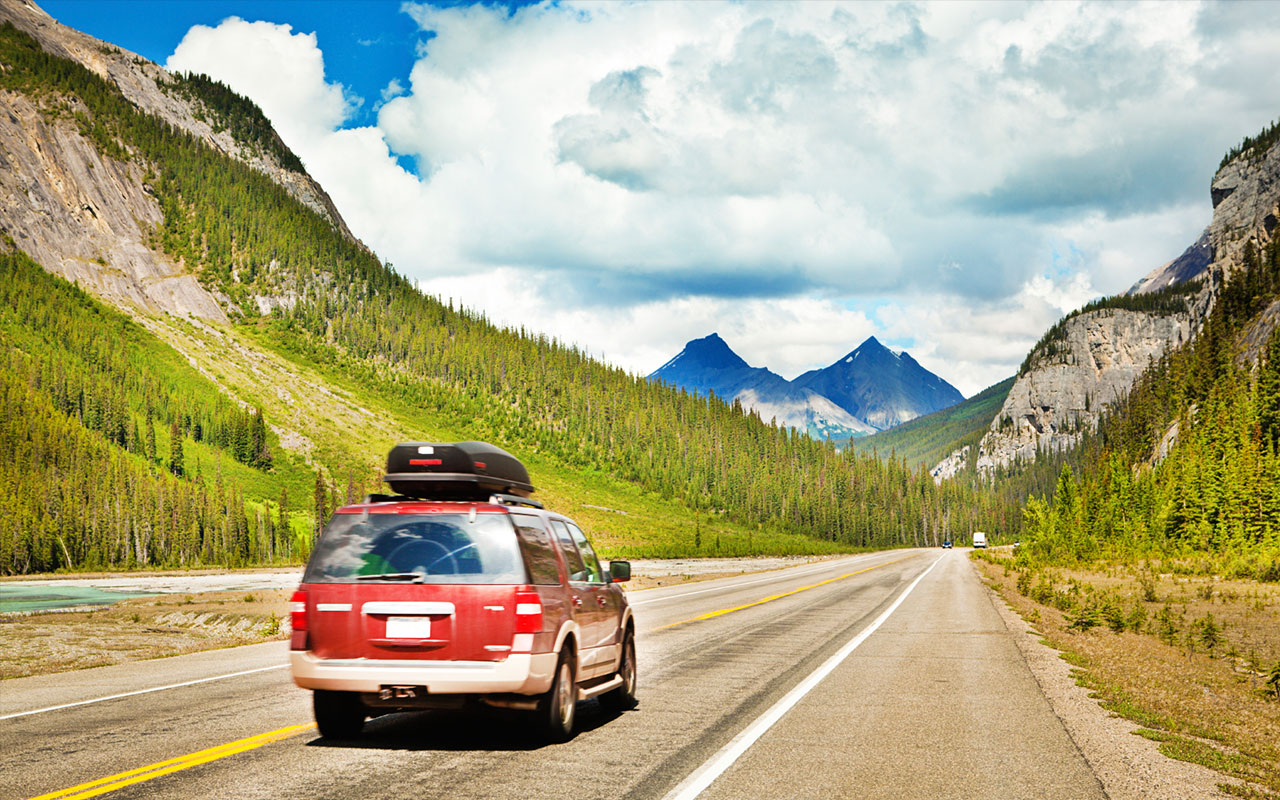Planning a road trip can be thrilling—maps, playlists, snacks, and scenic routes. But before you hit the open road, it’s vital to ensure that your car is road trip ready. A pre-trip inspection can save you from unexpected breakdowns, costly repairs, or safety issues during your journey. In this article, we’ll guide you through the essential checks every car owner in India should perform before embarking on a road trip.
Why Pre-Road Trip Car Checks Are Important
India’s roads can vary from smooth expressways to rugged mountain paths. No matter where you’re heading, a breakdown in the middle of nowhere can turn a dream road trip into a nightmare. Performing basic maintenance checks:
- Ensures safety for all passengers
- Improves fuel efficiency
- Prevents mechanical failures
- Saves time and money on emergency repairs
Whether your journey is 100 km or 1,000 km, these checks should never be skipped.
1. Tyre Condition and Pressure
Tyres are your car’s only contact with the road, making them one of the most important safety components.
- Check Tread Depth: Worn-out tyres reduce grip, especially in rain.
- Check for Cracks or Bulges: Signs of damage may lead to tyre failure.
- Adjust Tyre Pressure: Use the recommended PSI levels (found in your car manual or door sticker).
Pro Tip: Don’t forget to inspect the spare tyre and carry a jack and wheel spanner.
2. Engine Oil and Fluids
Proper lubrication ensures your engine runs smoothly throughout the trip.
- Check Engine Oil Level and Quality: Top up or change if necessary.
- Coolant: Prevents overheating during long drives, especially in summer.
- Brake Fluid: Essential for effective braking.
- Windshield Washer Fluid: Keeps your view clear in dusty or rainy conditions.
- Transmission and Power Steering Fluid: Check for smooth gear shifts and steering control.
Pro Tip: Carry a small bottle of each fluid type in your emergency kit.
3. Battery Health
A weak or old battery can leave you stranded. Before heading out:
- Inspect the Battery Terminals: Look for corrosion or loose connections.
- Check Battery Voltage: Ideally, it should be 12.6 volts or above when the car is off.
- Replace If Needed: If your battery is older than 3 years, consider replacing it before a long trip.
Pro Tip: Carry jumper cables just in case, or a portable jump starter for added peace of mind.
4. Brakes
Your braking system must be in top condition for both city traffic and downhill descents.
- Listen for Noises: Squeaking or grinding could indicate worn-out brake pads.
- Check Pedal Feel: If it’s too soft or too hard, get it inspected.
- Look at Brake Fluid Level: Low levels can affect brake performance.
Pro Tip: Test your brakes in a safe area before starting your trip.
5. Lights and Indicators
Visibility is crucial during night drives, foggy weather, or highway travel.
- Headlights and Fog Lights: Make sure all beams are working.
- Tail Lights and Brake Lights: Essential for communicating with other drivers.
- Turn Indicators and Hazard Lights: Ensure they blink clearly and consistently.
Pro Tip: Carry spare bulbs if your car allows DIY replacements.
6. Wipers and Windshield
Clear visibility is essential, especially during monsoon or mountain drives.
- Check Wiper Blades: Replace if they leave streaks or squeak.
- Inspect Windshield for Cracks: Even small chips can expand during a long journey.
- Clean Inside and Out: A clean windshield reduces glare and improves visibility.
Pro Tip: Apply a rain-repellent solution for better water dispersion in heavy rain.
7. Air Conditioning and Cabin Filters
A comfortable cabin can make or break a long road trip.
- Test Cooling Efficiency: Especially important in Indian summers.
- Check Cabin Air Filter: A dirty filter reduces airflow and may cause odours.
- Inspect for Leaks or Unusual Noises: These may indicate low refrigerant or compressor issues.
Pro Tip: Roll down the windows occasionally to refresh the air in the car.
8. Emergency Kit and Essentials
Be prepared for any unexpected situations by packing a well-stocked emergency kit:
- First aid kit
- Reflective warning triangle
- Flashlight and spare batteries
- Tow rope
- Tyre inflator or puncture repair kit
- Basic tool kit
- Emergency contact list and insurance documents
Pro Tip: Also carry drinking water, snacks, and a power bank for your devices.
9. Fuel and Range
- Fill Up Before Leaving: Don’t risk running low in remote areas.
- Know Fuel Stations Along the Route: Especially important for CNG or EV vehicles.
- Check Range and Plan Stops: Estimate your car’s mileage and locate refill points accordingly.
Pro Tip: Use navigation apps that show fuel stations and amenities.
Final Thoughts
A road trip is meant to be enjoyable, but the key to a stress-free journey is preparation. By performing these essential checks, you reduce the risk of breakdowns and increase the chances of a smooth, memorable experience. Whether you’re heading to the mountains, beaches, or deserts, your car should be as ready for adventure as you are.

